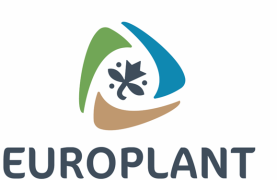Abstract
Potato (Solanum tuberosum L.) is an important food crop worldwide. It ranks as the third most consumed crop, after rice and wheat. Over the past 10 years, potato production has expanded tremendously, with Asian countries dominating the global market. However, Malaysia remains fully dependent on imported potatoes to meet its growing consumer demand for both fresh and processed products. To enhance food security and reduce import reliance, the country aims to initiate local potato cultivation. This paper highlights three key challenges of potato farming in Malaysia: unfavourable environmental conditions, scarcity of high-quality seed potatoes, and significant pest and disease pressures. Despite these constraints, potato cultivation in Malaysia’s tropical upland and lowland regions holds promise. The cooler upland areas offer conditions suitable for growth, akin to traditional potato-growing environments. Meanwhile, successful cultivation in lowland areas will require the development of locally adapted, heat-tolerant, and disease-resistant potato varieties through molecular breeding, in collaboration with global research institutions. These efforts are pivotal for establishing sustainable potato farming and ensuring long-term food security.















